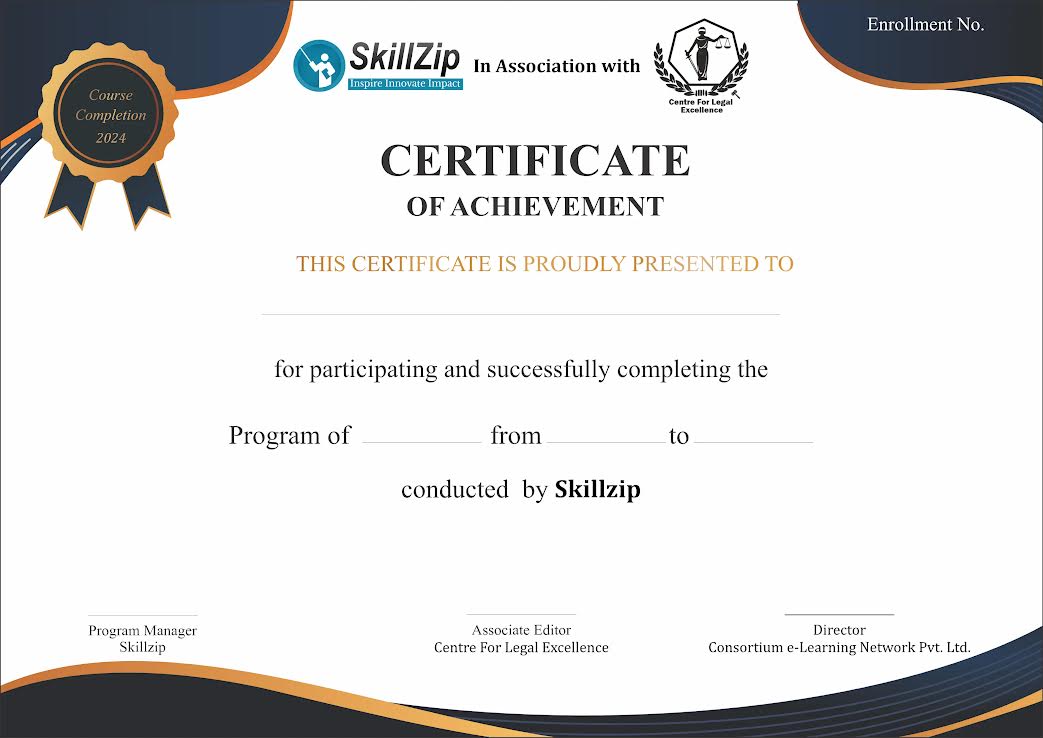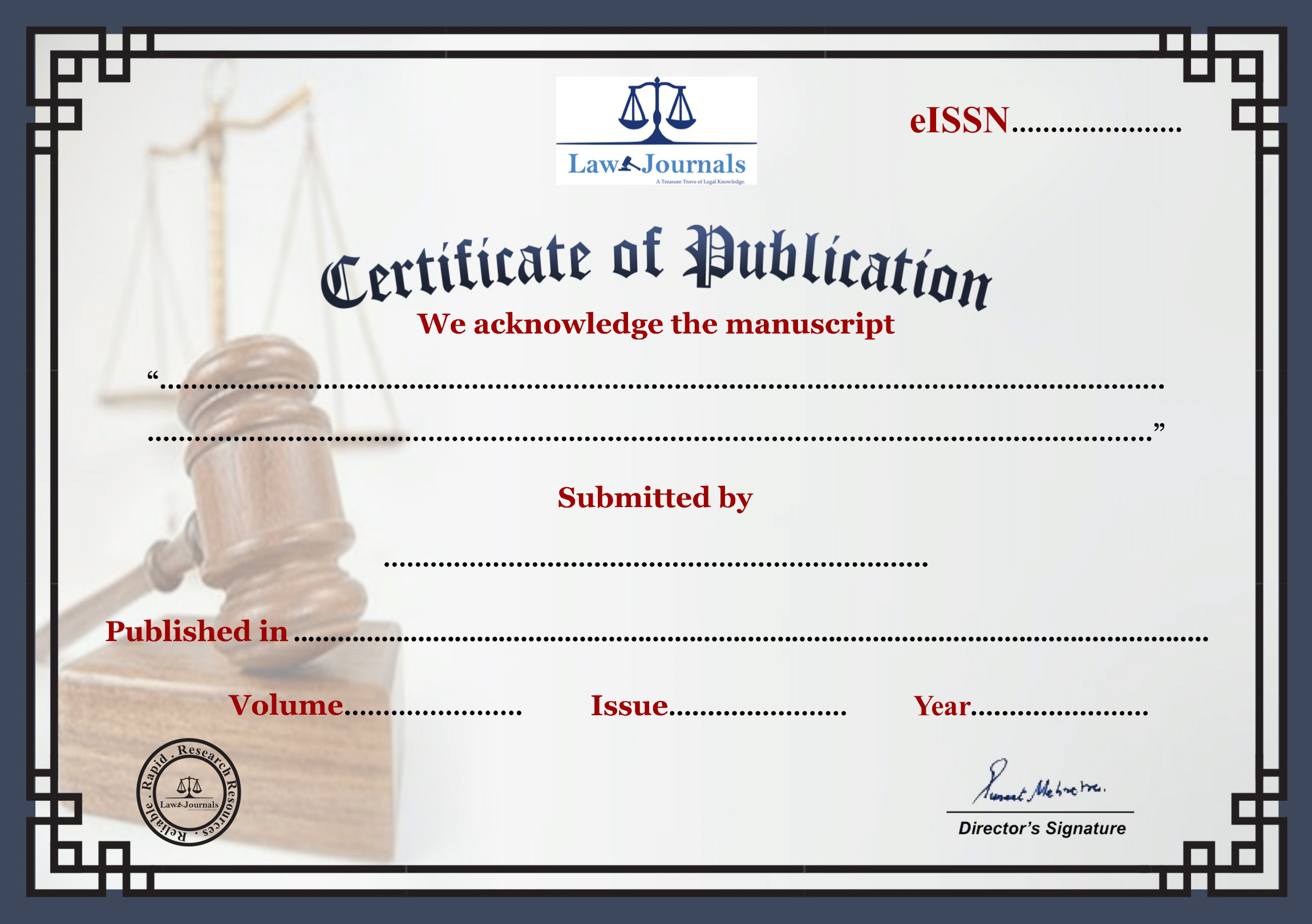Anti-Money Laundering Today: Emerging Trends and Technologies
“Anti-Money Laundering Today” examines cutting-edge AI, blockchain technologies, and regulatory updates enhancing global AML strategies.
Explore more Compliances Program
Enroll now for early access of e-LMS
e-LMS
Self Paced
Moderate
3 Months
Law
About
“Anti-Money Laundering Today: Emerging Trends and Technologies” provides a detailed exploration of how advanced technologies like AI and blockchain, alongside recent regulatory updates, are reshaping anti-money laundering strategies for financial professionals, enhancing their ability to combat financial crimes effectively
Aim
The aim of “Anti-Money Laundering Today: Emerging Trends and Technologies” is to equip financial professionals with in-depth knowledge and state-of-the-art tools to effectively tackle money laundering, focusing on the integration of advanced technologies like AI and blockchain, along with comprehensive updates on global regulatory frameworks.
Program Objectives
Program Structure
Module 1: Foundations of Anti-Money Laundering (AML)
- Section 1: Introduction to AML
- Definitions and Key Concepts in Money Laundering
- Historical Overview and Evolution of AML Efforts
- Section 2: AML Legal and Regulatory Framework
- Overview of Global AML Regulations and Compliance Requirements
- Roles of International AML Bodies like FATF (Financial Action Task Force)
Module 2: Identifying Money Laundering Activities
- Section 1: Methods and Mechanisms
- Common Techniques Used in Money Laundering
- Case Studies on Recent Money Laundering Schemes
- Section 2: Risk Assessment and Management
- Tools for Identifying and Assessing AML Risks
- Strategies for Developing Effective AML Risk Management Programs
Module 3: AML Compliance and Due Diligence
- Section 1: KYC (Know Your Customer) and Due Diligence
- Best Practices for KYC Procedures to Prevent Money Laundering
- Due Diligence Processes for Different Customer Types
- Section 2: Transaction Monitoring and Reporting
- Techniques for Monitoring and Analyzing Financial Transactions
- Requirements and Procedures for Suspicious Activity Reporting (SAR)
Module 4: AML Technology and Data Analytics
- Section 1: Technological Solutions for AML
- Role of Technology in Enhancing AML Efforts
- Review of Leading AML Software and Tools
- Section 2: Leveraging Big Data and AI in AML
- Applying Artificial Intelligence and Machine Learning in AML Detection and Prevention
- Case Studies on Effective Use of Data Analytics in AML
Module 5: Emerging Challenges and Future of AML
- Section 1: New Trends in Money Laundering
- Emerging Trends in Cryptocurrencies and Digital Payments
- Addressing New Money Laundering Channels in a Digital Age
- Section 2: Evolving AML Strategies
- Future Directions in AML Regulations and Compliance
- Innovations and Challenges in Global AML Practices
Module 6: Creating an Effective AML Culture
- Section 1: AML Training and Awareness
- Developing Comprehensive AML Training Programs for Employees
- Creating Awareness of AML Issues Among All Stakeholders
- Section 2: Ethical Considerations and Compliance Culture
- Ethical Responsibilities in AML Compliance
- Building and Sustaining a Compliance-Focused Organizational Culture
Final Assessment and Project
- Capstone Project:
- Development of an Enhanced AML Compliance Program for a Financial Institution
- Final Examination:
- Comprehensive Test to Assess Understanding and Application of AML Theories and Practices
Participant’s Eligibility
- Students: Undergraduate and graduate students studying finance, law, criminology, or related fields interested in the practical applications of AML strategies.
- PhD Scholars: Researchers in finance, legal studies, or technology who are exploring topics related to financial crimes and money laundering.
- Academicians: Educators and faculty members who teach or develop curriculum related to financial regulation, law enforcement, or financial technologies.
- Industry Professionals: Bankers, financial analysts, compliance officers, and others in the financial services sector who are directly involved in implementing and overseeing AML measures.
Program Outcomes
Fee Structure
Standard Fees: INR 4,998 USD 110
Discounted Fee: INR 2499 USD 55
Batches
Certificate


Program Assessment
Certification to this program will be based on the evaluation of following assignment (s)/ examinations:
| Exam | Weightage |
|---|---|
| Mid Term Assignments | 20 % |
| Final Online Exam | 30 % |
| Project Report Submission (Includes Mandatory Paper Publication) | 50 % |
To study the printed/online course material, submit and clear, the mid term assignments, project work/research study (in completion of project work/research study, a final report must be submitted) and the online examination, you are allotted a 1-month period. You will be awarded a certificate, only after successful completion/ and clearance of all the aforesaid assignment(s) and examinations.
Program Deliverables
- Access to e-LMS
- Real Time Project for Dissertation
- Project Guidance
- Paper Publication Opportunity
- Self Assessment
- Final Examination
- e-Certification
- e-Marksheet
Future Career Prospects
- Chief Compliance Officer: Senior executives responsible for overseeing all compliance aspects within financial institutions, ensuring adherence to AML regulations.
- Director of Financial Crime Prevention: Leaders who develop and implement comprehensive strategies to combat financial crimes, including money laundering, across an organization.
- AML Technology Consultant: Specialists who advise on the integration and optimization of advanced technological solutions in AML strategies.
- Senior Regulatory Analyst: Professionals with an advanced understanding of both national and international AML regulations, providing expert analysis and guidance.
- Head of Risk Management: Executives who oversee risk assessment and management strategies, particularly focusing on financial risks related to money laundering.
- Global AML Policy Advisor: Experts who work on developing and refining AML policies that comply with global standards, often for multinational corporations or governmental bodies.
- Academic Researcher in Financial Security: Academics who conduct research and teach about financial security, focusing on emerging threats and the evolution of AML measures.
Job Opportunities
Enter the Hall of Fame!
Take your research to the next level!
Achieve excellence and solidify your reputation among the elite!

